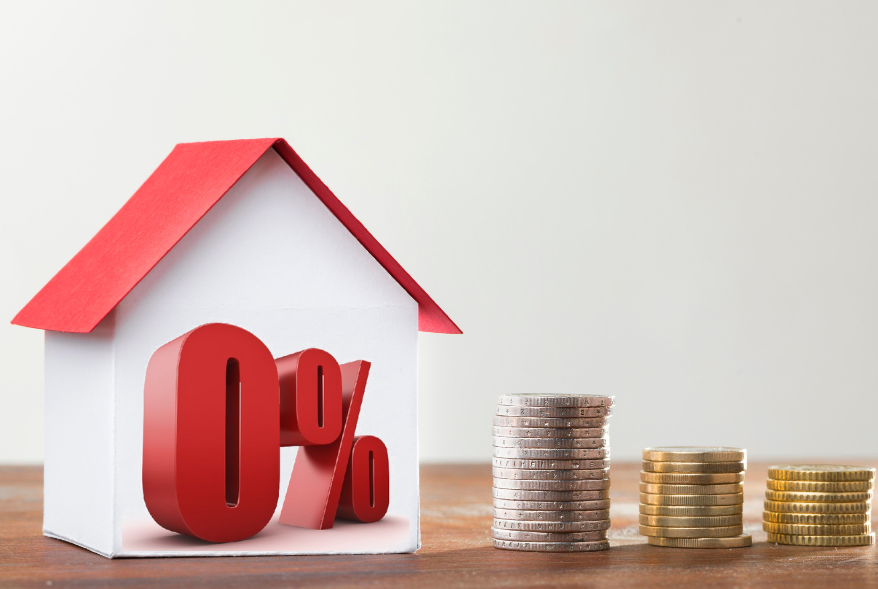Schedule a Site Visit
Looking for a luxury apartment for sale in Bangalore? Your search ends here! Elcielo Builders and Developers offer an unparalleled selection of exquisite residential properties that redefine urban living. Located in the heart of Bangalore, our upscale apartments feature modern amenities and stylish designs. Experience unparalleled luxury and find your dream home with Elcielo. Discover the best luxury apartment for sale in Bangalore today!
Discover Your Ideal Residential Apartment in Bangalore
Experience Unmatched Luxury Living with Our Modern Residential Apartments in Bangalore!
Ready to elevate your lifestyle? Discover unparalleled comfort, luxury, and convenience with our meticulously crafted residential apartments. Explore our diverse collection of modern homes tailored for contemporary living, and experience a lifestyle like never before.

Why Choose Our Residential Apartments?
Unmatched Location
Our properties are strategically located in prime areas of Bangalore, ensuring proximity to schools, hospitals, and recreational facilities.
Latest Amenities
Enjoy state-of-the-art amenities that cater to your every need, including fitness centers, and landscaped gardens.
Quality Construction
Our commitment to excellence is reflected in the superior quality of construction, ensuring a secure and durable home for you and your family.
Smart Home Features
Embrace the future with smart home technologies that enhance security and make daily living more convenient.
Elevate Your Lifestyle with Trendsetting Homes in Bangalore!
Stay Ahead of the Curve
Experience the pinnacle of residential living with our properties, where cutting-edge designs and sustainable features converge. Each home is meticulously crafted to make a bold statement in modernity and eco-consciousness, reflecting the latest trends and innovations in urban living.


Explore Vibrant Living in Bangalore's Modern Apartments!
Your Gateway to Bangalore Living
As the top real estate company in Bangalore, we're proud to offer homes that resonate with the city's vibrant culture. Our residential apartments seamlessly blend modern architecture with Bangalore's rich heritage, providing a unique living experience that captures the essence of this dynamic city.
City-Centric Living, Bangalore Style
Exclusive Limited-Time Offers
Ready to make a move? Secure your dream home now and take advantage of exclusive limited-time offers. Don't miss out on the chance to own a piece of Bangalore's real estate landscape.
Schedule for Property Visit

Own Your Dream Home – Limited-Time Offers!
Your journey to finding the perfect residential apartment in Bangalore begins here. Embrace a lifestyle of luxury, convenience, and modernity. Click now to explore our diverse range of properties and make your dream home a reality. Welcome home!
Do You Have Questions ?
Call Us +91-9606160202
Featured Properties
Our Testimonial
Our Blogs






